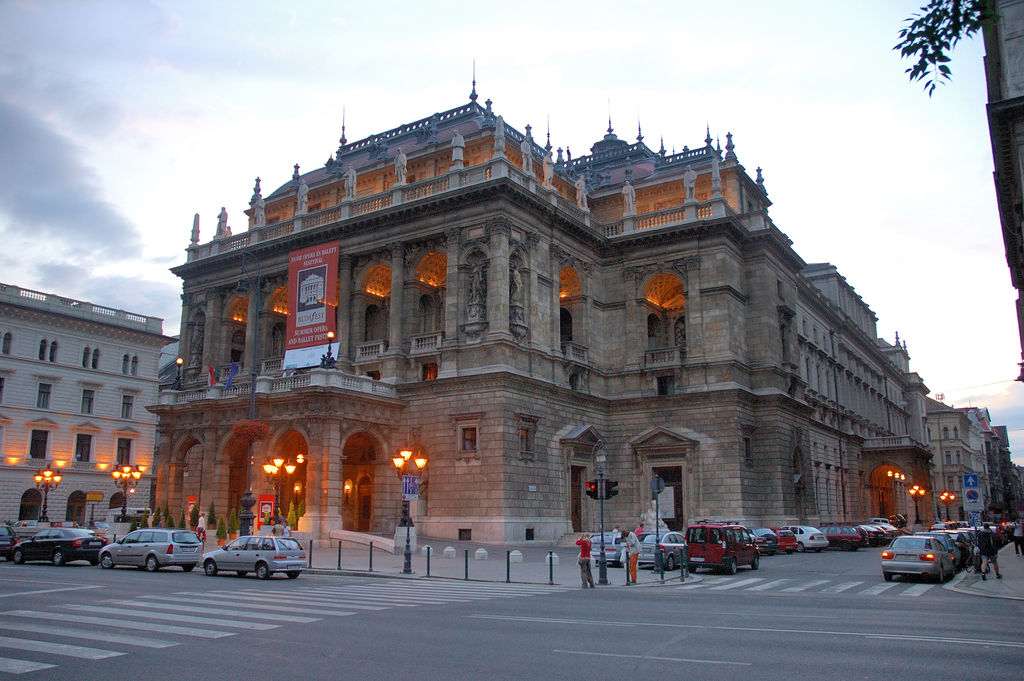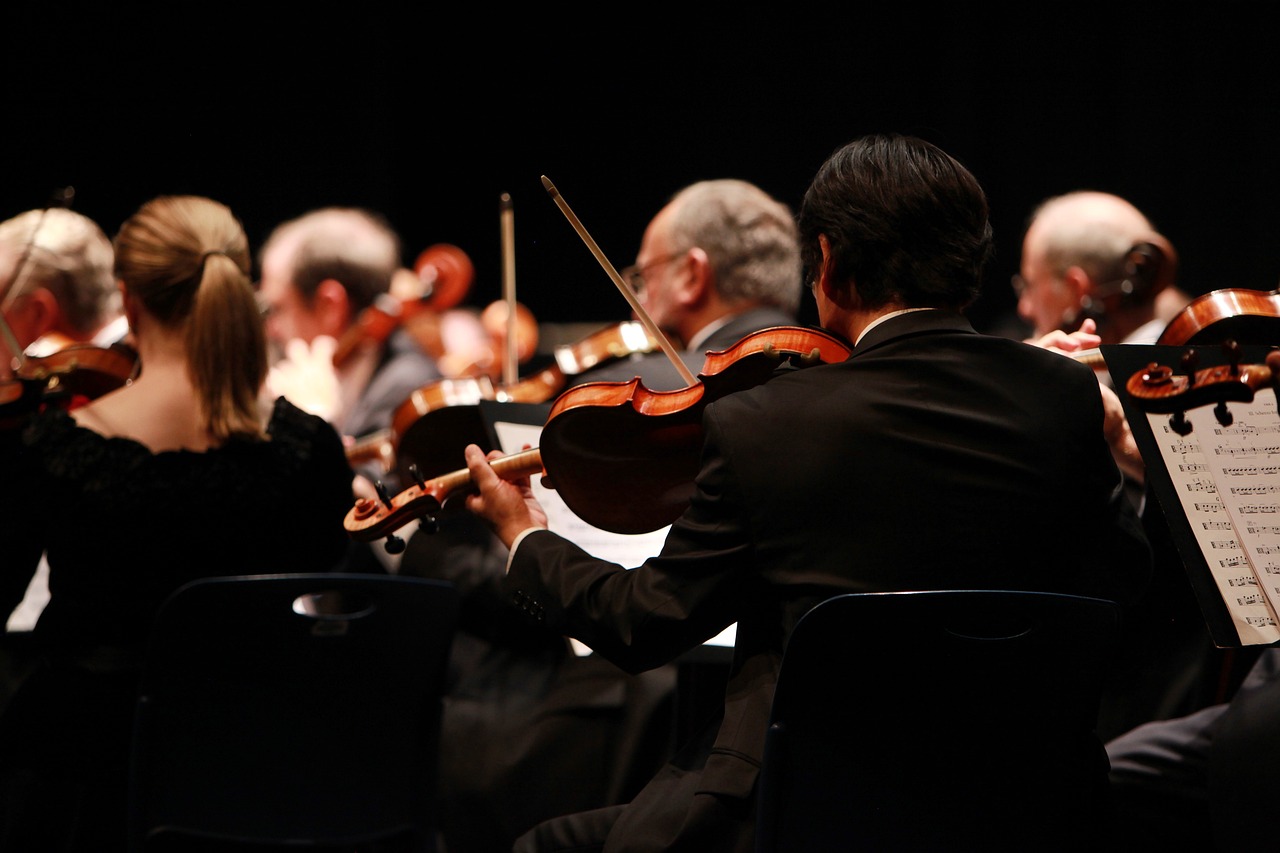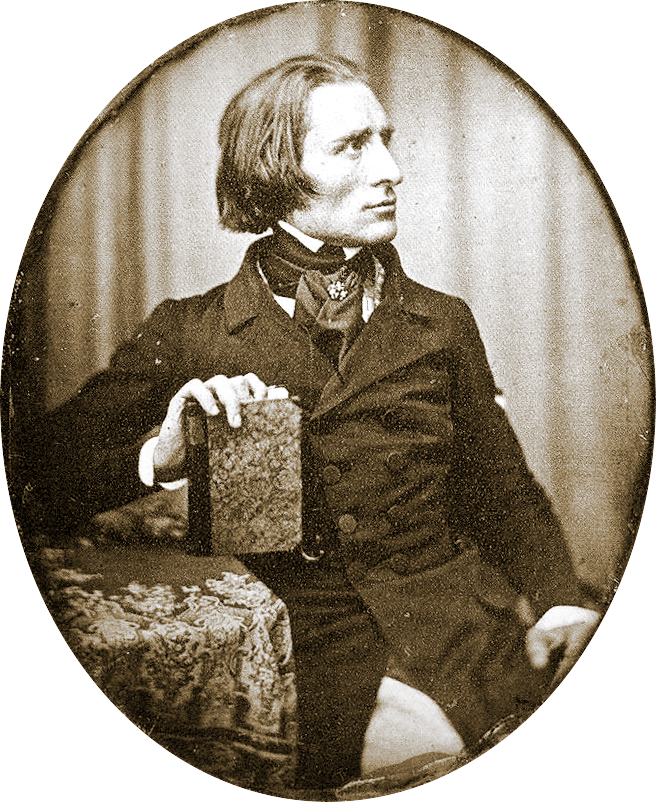
The performance is being staged in Hungary again after 130 years.Continue reading

Many national and international classical and contemporary musicians, including Francesco Tristano, the Royal Philharmonic Orchestra and Einstürzende Neubauten, will be heard at the fourth Liszt Fest International Cultural Festival in Budapest from October 9 to 22.
In addition to the performing arts, this year’s program will also include literary and visual arts events.
At the event, Csaba Káel, Müpa Budapest‘s (former Palace of Arts) CEO, stressed that Franz Liszt courageously sought the unusual throughout his life, and that his undisputed talent and his constant striving for innovation made him stand out among his contemporaries.
He noted that there will be programs in many venues in the capital, including the Akvárium Klub, the Vigadó, the House of Music Hungary and the Sacred Heart Jesuit Church.
The mission of the Liszt Festival is to convey the spirit of one of the best-known composers of the 19th century to the 21st century through the musician’s impressive art,
highlighted Csaba Káel, adding that an important goal of the event is to show how artists can transform the legacy of Franz Liszt into the art of our time.

Earliest known photograph of Liszt (1843) by Hermann Biow. Photo: Wikipedia
The opening event of the series of events on October 9 will be the oratorio The Legend of St. Elisabeth, based on the story of Elizabeth of Hungary. The title role will be sung by the Swiss soprano Gabriela Scherer and conducted by György Vashegyi.
In addition to works by Antonín Dvořák and Béla Bartók, a Liszt piece will be conducted by Russian-British conductor Vasily Petrenko at the Royal Philharmonic Orchestra’s concert on October 11 at the Béla Bartók National Concert Hall. József Balog, Liszt Ferenc Prize-winning pianist, will also perform at the concert.
On October 18, the Cluj-Napoca Hungarian Opera will present a program of rarely heard Liszt compositions.
The festival will close on October 22 at the Vigadó with a concert by Martin Haselböck and the Orchester Wiener Akademie, featuring Fülöp Ránki on piano.
In keeping with the Liszt Festival’s diversity of genres, the series will also include lighter genres, with a concert by Francesco Tristano, a Luxembourg-born pianist-composer who has studied the works of Johann Sebastian Bach and techno music, on October 12 at the Béla Bartók National Concert Hall.
Jeff Mills, known as the pioneer of electronic dance music, will perform Tomorrow Comes The Harvest, a vision he created with Tony Allen and Jean-Phi Dary, on October 17, while Einstürzende Neubauten, the band that created the genre of Rampen (apm: alien pop music), will perform at Akvárium Klub on October 16.
Lőrinc Barabás and the Jazzical Trio will perform several compositions reflecting on the music of Franz Liszt at the House of Music Hungary on October 10, while the Markus Stockhausen Group, together with jazz pianist Franz von Chossy, will perform at the Budapest Music Center on October 20.
Isolation Budapest, the joint light music mini-festival of Liszt Festival and Akvárium Klub, returns for the third time,
while Recirquel, combining contemporary dance with circus arts, will premiere its latest production Paradisum in Hungary on October 22.
Also at the Liszt Festival, a new performance by the Háromszék Dance Ensemble entitled Ecce Homo will debut on October 12, bringing to life significant moments in the life of painter Mihály Munkácsy through contemporary folk dance.
The detailed program of the festival is available at here.
Via MTI; Featured image via Pixabay